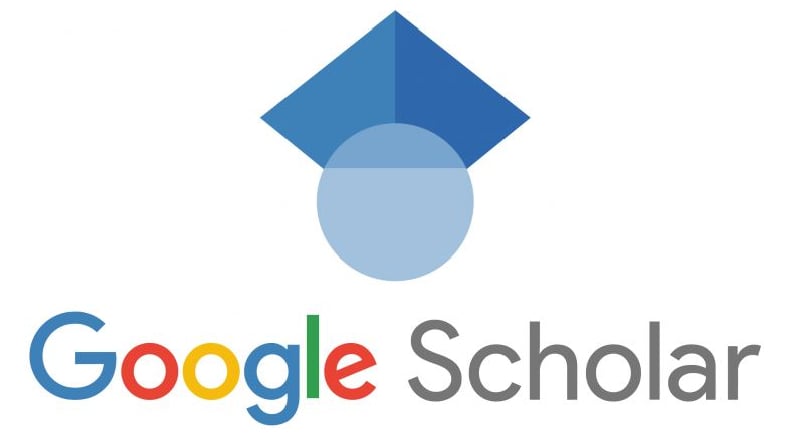Online Training to Build a Mastery Goal Orientation for Youth in the New Normal
DOI:
https://doi.org/10.33477/mangente.v1i2.2653Abstract
Community service is an activity that aims to help the community in several activities. This form of activity is designed in the form of online training. Since the outbreak of the pandemic due to the coronavirus, the government has established a lockdown policy or isolation of areas in certain areas. The impact of the pandemic due to Covid-19 has limited youth activities. One of the limited activities is learning activity. Althougt can be improve by online learning, also allows for a negative impact on adolescents who do not have a positive goal orientation. The purpose of this PPM is to build youth self-orientation in the Purwomartani area, Kalasan, Yogyakarta to be more positive with mastery-oriented or more focused on achievement development. The method used in this Community Service is to provide Online Training using the Zoom or Google Classroom application combined with the meet program so that you can interact face-to-face, the activity is carried out 2 times. The increase of the mean score on all components after online training indicates that the activities carried out by the service team can provide increased self-recognition, goal setting and goal orientation, but the low of gain score between the pre and post tests indicates that the increase of goal orientations is less effective. Thus, the activity can be increased with a longer time and better management in order to get maximum results.
Keyword: goal orientation, mastery, youth
References
Ames, C. (1992). Classrooms : Goals , structures , and student motivation. 84(3), 261–271
Eka, A. G., & Wuryanta, W. (n.d.). Digitalisasi Masyarakat : Menilik Kekuatan dan Kelemahan Dinamika Era Informasi Digital dan Masyarakat Informasi. 131–142.
Elliot, A. J., & McGregor, H. A. (2001). Elliot 01 ach goal 2x2.pdf.
Gul, F., & Shehzad, S. (2012). Relationship Between Metacognition, Goal Orientation and Academic Achievement. Procedia - Social and Behavioral Sciences, 47, 1864–1868. https://doi.org/10.1016/j.sbspro.2012.06.914
Kadivar, P., Kavousian, J., Arabzadeh, M., & Nikdel, F. (2011). Procedia Social and Survey on relationship between goal orientation and learning strategies with academic stress in university students. 00, 0–3. https://doi.org/10.1016/j.sbspro.2011.10.089
Mastuti, E. (2016). Pemanfaatan Teknologi dalam Menyusun Evaluasi Hasil Belajar : Kelebihan dan Kelemahan “ Tes Online” untuk Mengukur Hasil Belajar. 07(01), 10–19.
Silvia, N., & Setiawati, M. (2019). Aplikasi Pendidikan Online “Ruang Guru” Sebagai Peningkatan Minat Belajar Generasi Milenial dalam Menyikapi Perkembangan Revolusi Industri 4.0. Jurnal Pendidikan Bahasa Dan Sastra Indonesia, 3(2), 241–246.
Wilson, G., & Stacey, E. (2004). Online interaction impacts on learning : Teaching the teachers to teach online The need for interaction. 20(1), 33–48.








